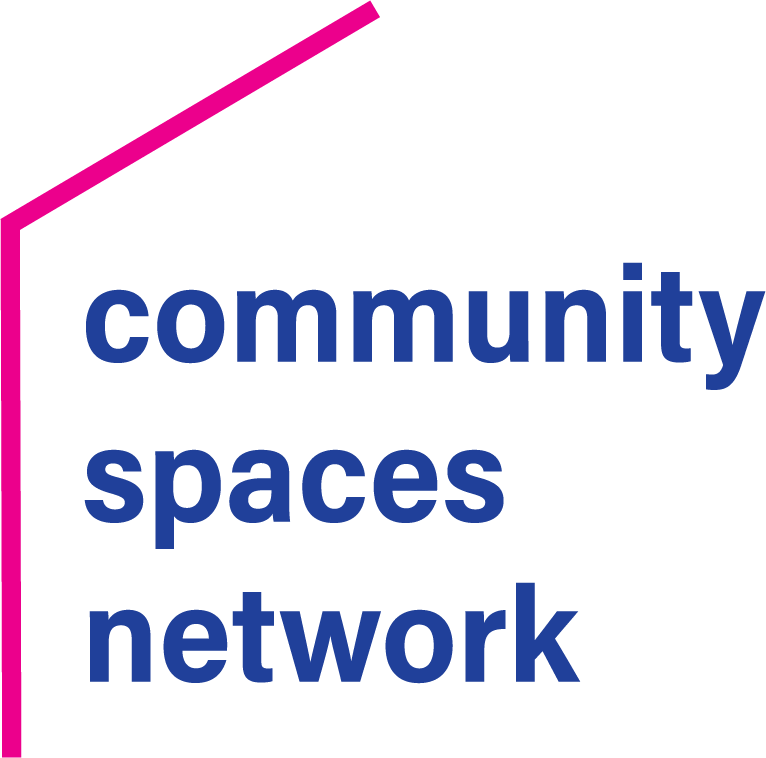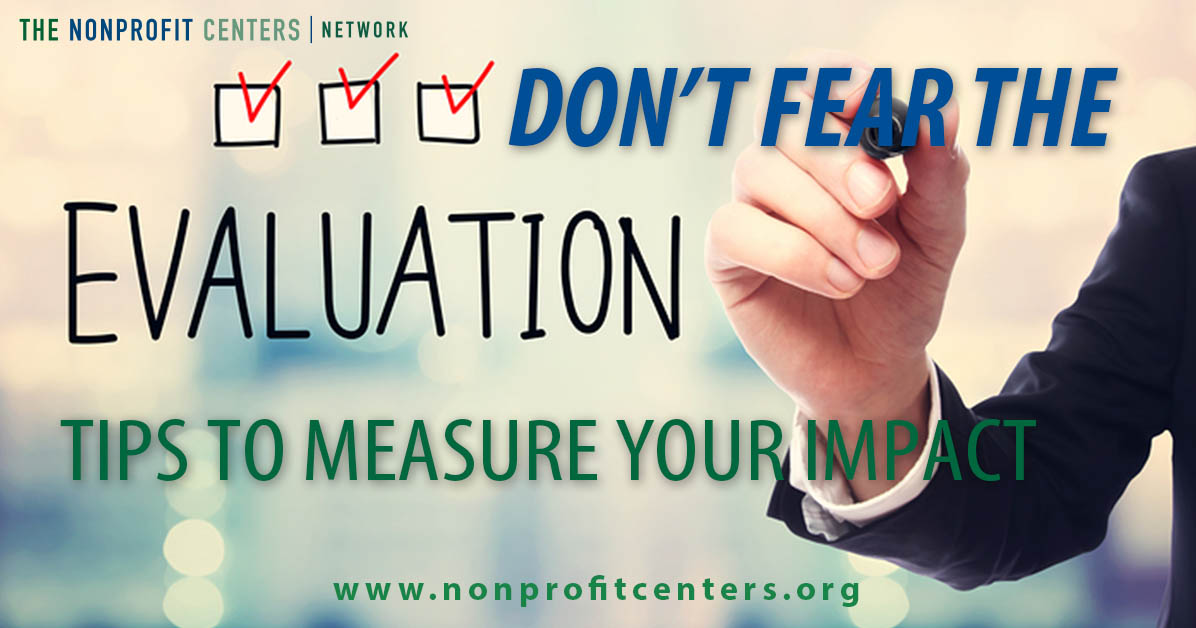Shared space seems like a good idea, but how do we know that it’s making the difference we want it to?
An Evaluation!
Those two little words strike fear into leaders’ hearts. I hear “It’s too expensive!” or “We don’t have time!” or “No one ever fills out surveys anyway!” Earlier this year, we set out to help shared space managers tackle this question with the support of Laura Sundstrom and Elena Harmon of Vantage Evaluation. Through a combination of structured learning webinars, peer learning and hands-on homework, we worked with approximately ten different shared spaces to see what methods we could test. While we are still crunching the quantitative and qualitative data, here are my preliminary takeaways.
- Have a clear goal for your collaborative work. What are you trying to accomplish through shared space? Break it down as simply as possible and unpack common jargon-filled phrases. Trying to show the impact of collaboration? Make sure you know what that looks like in your community?
- Develop your Theory of Change. Yes, you have to. Lock yourself in a conference room or work from a café, but find some quiet time to take a deep dive into how you are affecting change. Once you lay it all out on paper, the rest of the process begins to flow.
- Define your key evaluation questions. In a logic model, you create a ton of assumptions. During your evaluation, you test those assumptions by asking key evaluation questions. Strong questions ask “To what extent, does our activity impact our goal,” allowing space for investigation that isn’t a black or white, yes or no answer.
- Match your methods with the data you need. This is the fun part! Everyone always wants to jump ahead and just send out a survey. Sometimes that’s not the best answer. Here’s a trick we learned – if you can’t figure out the right person to answer your survey, maybe that isn’t the right tool. Try interviews or focus groups instead.
- Develop an evaluation mindset. Once your questions are clear, you can always be probing your community as part of prescheduled activities. Gather data at a happy hour, or conduct an impromptu focus group at the end of your tenant council meeting.
The more our community practices the art of evaluation, the more we can improve and the more we can target our resources where they make the most difference.

